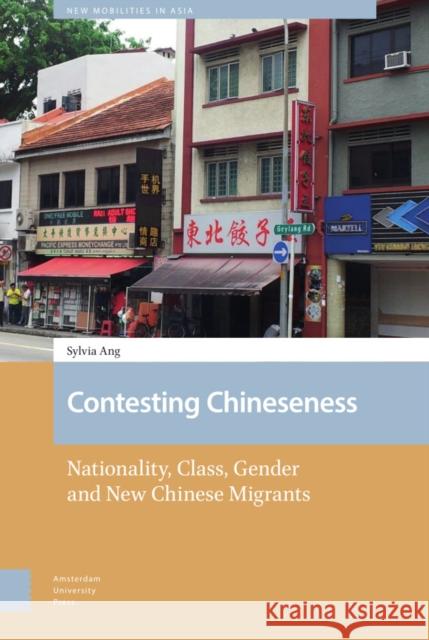Contesting Chineseness: Nationality, Class, Gender and New Chinese Migrants » książka
topmenu
Contesting Chineseness: Nationality, Class, Gender and New Chinese Migrants
ISBN-13: 9789463722469 / Angielski / Twarda / 2022
Contesting Chineseness: Nationality, Class, Gender and New Chinese Migrants
ISBN-13: 9789463722469 / Angielski / Twarda / 2022
cena 563,24
(netto: 536,42 VAT: 5%)
Najniższa cena z 30 dni: 509,04
(netto: 536,42 VAT: 5%)
Najniższa cena z 30 dni: 509,04
Termin realizacji zamówienia:
ok. 16-18 dni roboczych.
ok. 16-18 dni roboczych.
Darmowa dostawa!
Kategorie:
Kategorie BISAC:
Wydawca:
Amsterdam University Press
Seria wydawnicza:
Język:
Angielski
ISBN-13:
9789463722469
Rok wydania:
2022
Numer serii:
000842088
Oprawa:
Twarda
Wolumenów:
01











